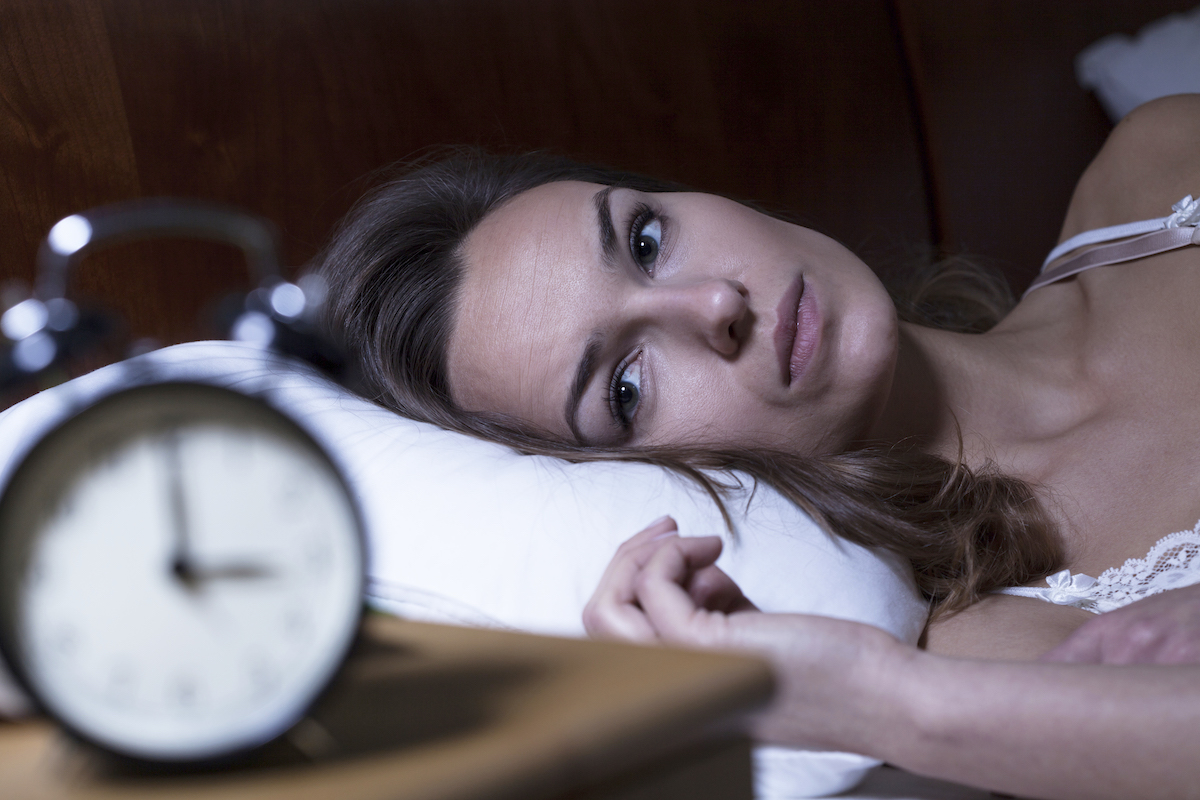
Today we have access to more things to help us heal than at any other time in history, one of the first and most important steps to healing is making sure you’re getting enough quality sleep every night for the body to do its internal restorative work. In Traditional Chinese Medicine (TCM) yang qi is what keeps our minds and bodies busy during the day and at night it goes internal to help a deeper detox and repair the systems of the body while the yin qi takes over externally to rest our conscious minds and shut down muscle activity. This yin/yang trade-off, when working in balance, is the very foundation of good health according to TCM.
The nature of yin is cool and calm. It’s associated with calm, darkness, and stillness…all the relaxing sensations you get when you’re genuinely resting. A body in a yin state will slow down its heart rate and metabolism. In Biomedicine (Western Medicine), this relates to the parasympathetic nervous system. Its main purpose aligns with yin qi: to keep us calm and conserve energy. While the sympathetic nervous system is what switches on our fight or flight response and is more correlated with Yang qi. Yang is expansive, stimulating, warming, and gets us moving. In general, yang qi is more accessible during the day, while yin qi dominates the nighttime.

Sleep disturbances are one of the main manifestations of too much yang and/ or not enough yin. To correct issues like insomnia we need to look at how we are living in accordance with that natural balance.
1) Ingesting Too Much Yang: Before bed, or in general, spicy food, alcohol, or stimulants can disturb sleep. Spicy food and alcohol causes heat in the system, which creates excess yang in the body. Too much coffee also keeps yang qi stuck at the surface to be available for activity. Even just having a large meal before bed can block the yang energy from going deep in the body at night.
2) Too Much Activity/Excitement: The yang qi is needed deep on the inside of the body at night, don’t hold it hostage with outward energy requirements. Stop exercising at least 90 minutes before bedtime. This allows for endorphin levels and body temperature to return to levels that are conducive to sleep. Try not to argue before bed, or even get too excited. Give yourself time to wind down & transition.
3) You need to Cool Down: Literally. Yin is associated with coolness. To invite your yin qi to come out at night keep the bedroom temperature between 60-67℉.
4) Too Much External Stimulation: Lights, especially blue light from tv’s, phones and computer screens prevent melatonin release in the body, making it harder to fall asleep. If you need to finish work on a computer, wear blue blocker glasses or get a blue light blocking screen cover for your computer. Also, yin time should be quiet time, it’s recommended that all electronics should be turned off about half an hour before bed to help calm the mind before bed.
5) Too Much Stress, Not Enough Rest: We live in a yang-obsessed world. This creates stress as many of us are over-worked and over-stimulated, while not always having time for a healthy self-care practice (meditation, Tai Ch, etc.). This leaves us with a restless mind (‘disturbed shen’ in TCM terms), and can keep us lying in bed exhausted, but unable to sleep. The challenge is to resist the modern-day pressure to keep up and create more self-care time to support a more balanced lifestyle.
6) Feng Shui of the bedroom: A Feng Shui specialist can analyze the yin yang balance in your bedroom. For instance, the bed should be opposite the room’s door, but not directly in line with it (this is called the command position in feng shui). The headboard should be against a solid wall with balanced night tables on each side. It is also important to keep the area under the bed clear, not for storage. Many people find simple feng shui adjustments can have a perceptible effect on things like sleep and wake cycles.
In addition to these considerations for improving sleep, don’t forget the value of relaxing into a healing state on the acupuncture table. Acupuncture is a cost-effective self-care tool and can help reset your yin-yang balance for better sleep and overall health, call us today so we can help you get better sleep!
